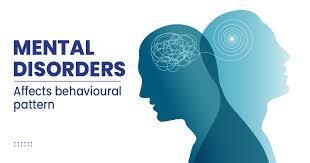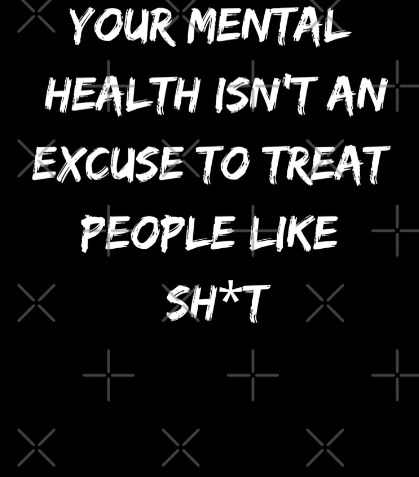
I struggle with this because I have met a lot of really great people that I have dated. They are open about the fact that are victims of childhood trauma, and they are in therapy and making great progress.
Everything starts out great, over time these patterns develop, and they claim that it is not their fault, it's the disorder. At some point it is the actual person that is doing things that effect you in negative ways, but they act as though they are not to blame, and they have no responsibility for their actions.
If a person has Borderline Personality Disorder they'll have intense mood swings, dread being abandoned, struggle maintaining healthy relationships, and may act impulsively. Because people with BPD struggle with a lot, it's crucial for people around them to understand the mental condition and be supportive.
When and where do you draw the line?
 Holidays
Holidays  Girl's Behavior
Girl's Behavior  Guy's Behavior
Guy's Behavior  Flirting
Flirting  Dating
Dating  Relationships
Relationships  Fashion & Beauty
Fashion & Beauty  Health & Fitness
Health & Fitness  Marriage & Weddings
Marriage & Weddings  Shopping & Gifts
Shopping & Gifts  Technology & Internet
Technology & Internet  Break Up & Divorce
Break Up & Divorce  Education & Career
Education & Career  Entertainment & Arts
Entertainment & Arts  Family & Friends
Family & Friends  Food & Beverage
Food & Beverage  Hobbies & Leisure
Hobbies & Leisure  Other
Other  Religion & Spirituality
Religion & Spirituality  Society & Politics
Society & Politics  Sports
Sports  Travel
Travel  Trending & News
Trending & News 
Most Helpful Opinions